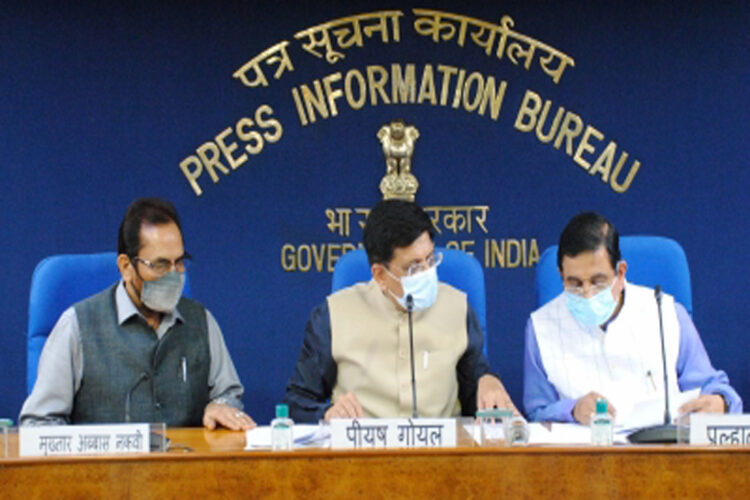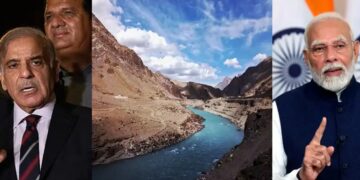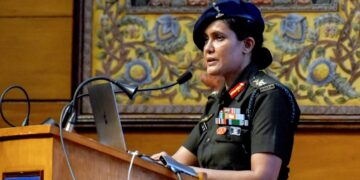In a significant move, the Ministry of Electronics and Information Technology has formally designated the Press Information Bureau’s (PIB) Fact Check Unit (FCU) as the central government’s official body for scrutinizing all online content pertaining to central government affairs. This notification comes in the wake of recent legal deliberations, including a Bombay High Court ruling on March 13, which declined to block the establishment of the unit. The Supreme Court is scheduled to address this matter on the following day.
In a concise gazette notification released on Wednesday, the ministry proclaimed, “The Central Government hereby notifies the Fact Check Unit under the Press Information Bureau of the Ministry of Information and Broadcasting as the fact check unit of the Central Government for the purposes of the said sub-clause, in respect of any business of the Central Government.”
This development traces back to April 6, 2023, when the Union government introduced amendments to the Information Technology (Intermediary Guidelines and Digital Media Ethics Code) Rules, 2021. Among these amendments was a provision empowering a FCU, designated by the IT Ministry, to identify and flag “fake or false or misleading” online content associated with central government affairs.
However, ambiguity surrounds the actions intermediaries are expected to take when content is labeled as “patently false and untrue or misleading” by the FCU. Suggestions discussed within legal circles and the IT ministry include labeling content as “fake” or “misleading,” and potentially removing it entirely.
Legal challenges to this development have emerged, with satirist Kunal Kamra, the Editors Guild of India, and the Association of Indian Magazines contesting the constitutionality of the amendment. While a Bombay High Court bench delivered a split verdict on January 31, subsequent proceedings have unfolded. Justice AS Chandurkar, presiding over the case, rejected pleas seeking a stay on the FCU’s establishment pending a final verdict.
Reacting to these developments, the Editors Guild of India and Kunal Kamra filed a special leave petition (SLP) in the Supreme Court on March 14, challenging the Bombay High Court’s decision. Their argument revolves around concerns of potential censorship and a conflict of interest if the government is empowered to fact-check its own content.
The establishment of the FCU marks a significant step in the government’s efforts to regulate online content, particularly in the realm of central government affairs. As legal battles continue, the role and impact of this centralized fact-checking authority remain subjects of intense scrutiny and debate.

















Comments